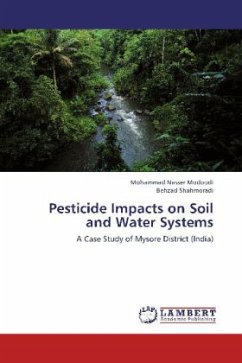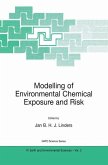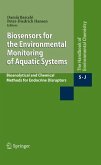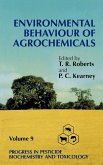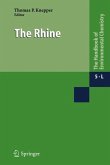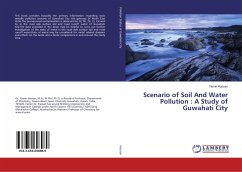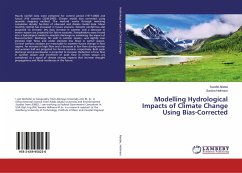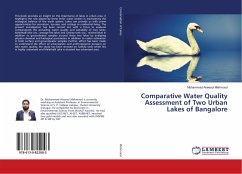Intensive agricultural practices often include the use of agrochemicals like pesticides; but these materials remain in the environment for a long time and eventually end up in other parts of the nature like soil and water resources. In India, the total intake of organochemicals per person is the highest in the world; so this book highlights the impacts of some pesticides as well as traces their residues in the soil and water systems (a case study of Mysore District, Karnataka, India). The analysis, procedures and achieved results have been presented in such a way to be easily understandable by readers. The authors hope that understanding the impacts and fate of pesticides in the environment could be used by the related researchers, managers, decision-makers, etc. worldwide.
Bitte wählen Sie Ihr Anliegen aus.
Rechnungen
Retourenschein anfordern
Bestellstatus
Storno

